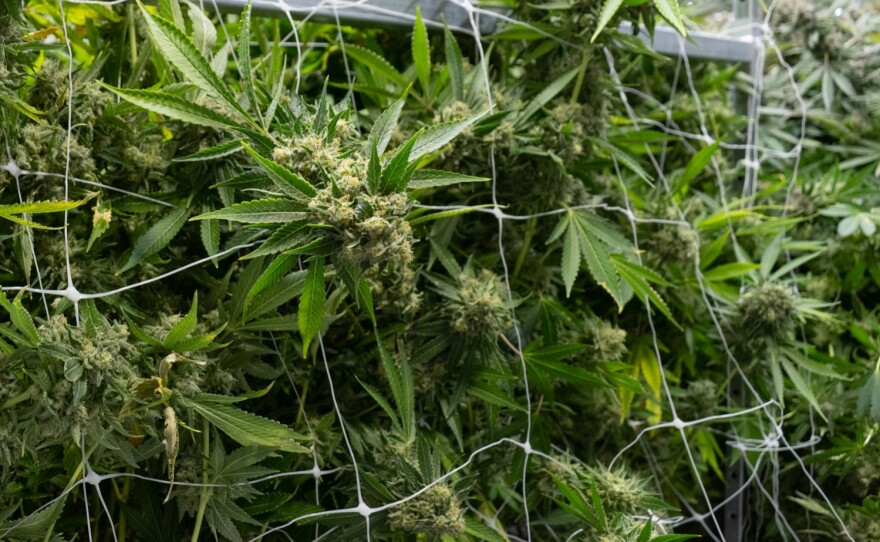The Virginia Crime Commission recommended a handful of new laws related to driving under the influence of drugs but walked away split on other proposals.
Commission members recommended requirements for three departments: the Department of Forensic Science (to conduct both alcohol and drug screenings on all blood samples drawn for DUIs), the Department of Motor Vehicles (to release a yearly comprehensive impaired driving report) and the Office of the Chief Medical Examiner (to perform a blood test on all drivers killed in motor vehicle and boating accidents).
The commission also unanimously recommended that the General Assembly expand funding for roadside drug recognition training provided by Virginia State Police.
The General Assembly will consider those proposals in January.
The commission — which is made up of five delegates, five senators and three gubernatorial appointees — previously considered data and proposals from VSP, the Department of Forensic Science, the Virginia Association of Commonwealth’s Attorneys, the Cannabis Control Authority and others during a broad review of the state’s DUI laws.
Driving under the influence of marijuana has received special attention as lawmakers attempt to iron out statewide legalization of the drug.
It’s illegal to drive while high in Virginia and is punishable with fines, up to a year in prison and driver’s license revocation.
Commission staff provided 10 policy options, including repealing the prohibition on searches based on the odor of marijuana, setting a legal limit of 3 nanograms of THC per milliliter of blood while driving and allowing for roadside saliva tests to detect recent drug use.
Del. Les Adams (R-Martinsville) said before the vote that he’s concerned about a recent state-conducted survey that showed Virginians don’t perceive pot to be as dangerous as alcohol.
“This would go a long way to letting people know that it’s not acceptable to ingest marijuana and then get behind the wheel of a car,” Adams said in reference to the limit.
Under current law, there is no legal “per se” limit. That means blood test results alone are not sufficient to charge a Virginian with a DUI – police need additional evidence, like an open container or, according to state law, “appearance, conduct, speech, or other physical characteristic... consistent with the consumption of marijuana or marijuana products.”
Blood test results can be used as evidence in DUI trials, leaving discretion with the judge.
Colin Drabert, deputy director of the commission’s staff, acknowledged that current research “does not support a relationship between THC levels in the blood and impaired driving.”
He also confirmed concerns from panel Democrats that current roadside saliva testing technology can only test for recent consumption of THC, not impairment. That means the test may show marijuana in a person who has been sober for hours. Although a majority of the commission initially voted to recommend repealing the odor-based prohibition, setting the THC blood limit and allowing roadside tests — the commission’s citizen members voted with Republicans in an 8-5 tally on each. None of the proposals ended up with endorsements.
Due to a crime commission rule that allows a majority of its representatives from either state legislative body to reject a proposal, Senate Democrats were able to nullify the recommendation.
The General Assembly opens Wednesday, Jan. 11 for its legislative session.












